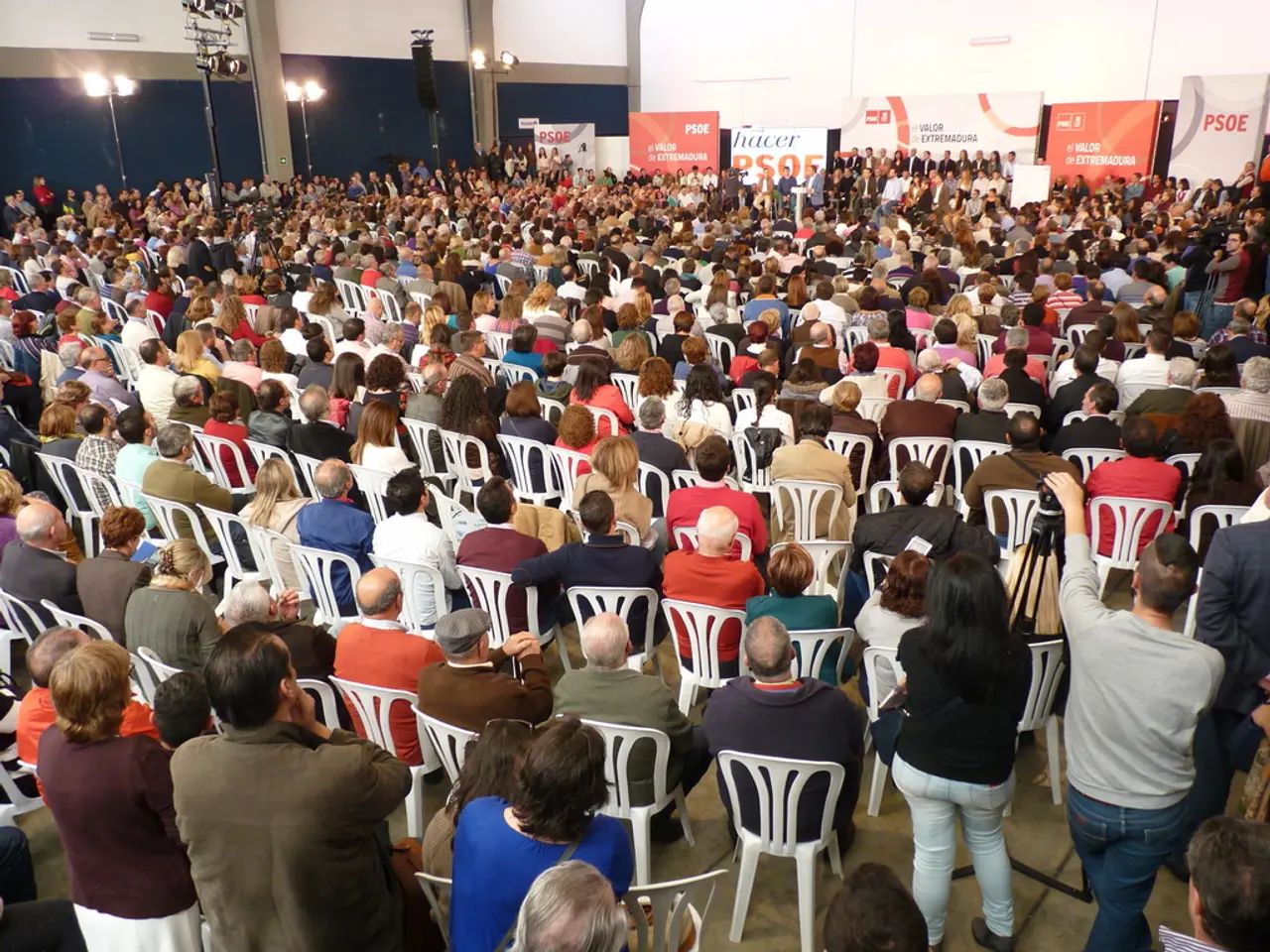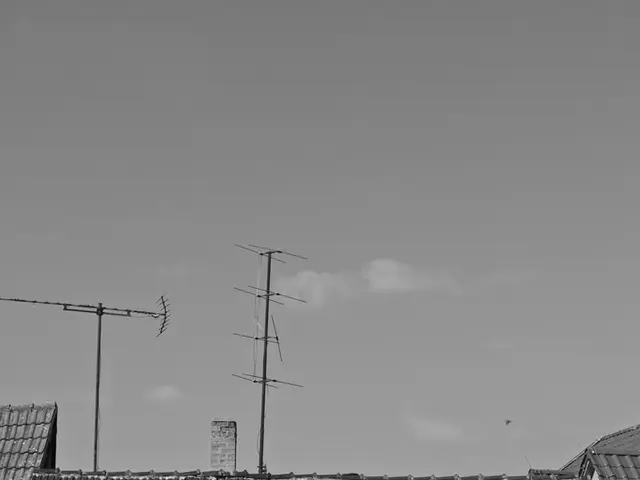First Olympics in Los Angeles to Sell Venue Naming Opportunities
The organisers of the 2028 Los Angeles Olympics are confident that the city will not have to foot the bill for the Games. To generate significant advertising revenue, the organisers, LA28, have broken with the traditional Olympic "clean venue" policy, marking a historic shift in Olympic marketing and sponsorship strategy.
This change allows existing branded venues, such as Crypto.com Arena and Intuit Dome, to keep their corporate names if sponsors pay LA28. It also opens the door for corporate naming rights to be sold on both permanent and up to 19 temporary Olympic venues.
Some iconic venues, like the LA Memorial Coliseum and Rose Bowl, will remain excluded and keep their traditional names without added corporate branding during the Games. However, venues like the Comcast Squash Center at Universal Studios and Honda Center will retain their names for specific Olympic events, thanks to deals secured with major partners like Comcast and Honda.
The Japanese auto maker Honda has established a deal with LA28, allowing Honda Center to retain its name for the Olympic volleyball competition. SoFi Stadium, which will host Olympic swimming, has been referred to as "2028 Stadium" or "the Stadium in Inglewood" due to the traditional clean venue policy. This new approach will eliminate the need for such temporary nicknames.
Any signage outside of venues will remain in place for existing structures. Naming rights are available for the 19 temporary facilities, with first bidding opportunities going to members of The Olympic Partners (TOP) program.
The International Olympic Committee (IOC) has recognised and supported the role of Olympic commercial partners and is supporting LA28's initiative to generate revenue for the Games. However, the IOC is looking to maintain the principles of the 'clean venue policy' that is unique to the Olympic Games, ensuring that the field of play remains free from visible sponsorships.
LA28 is in negotiations with the city of L.A. over the use of police, firefighters, and other city employees during the 2028 Summer Olympics, with LA28 responsible for paying for any services beyond what would normally be provided. If LA28 goes over budget, L.A. would be responsible for the first $270 million of the deficit.
This move towards allowing corporate sponsor names on venues is a first in Olympic history. It is expected to help cover the estimated $7.1 billion cost of the Games, as it provides a major global stage for corporate sponsors. The additional revenue stream for venues without existing naming rights agreements will also contribute to this effort.
The 2028 Los Angeles Olympics will take place amidst challenges, including immigration raids and protests, safety concerns, and transportation updates lagging behind. Despite these challenges, the city is gearing up for the Games, with the new advertising revenue path set to improve the Olympic experience and logistical convenience.
- In contrast to traditional Olympic policies, the Comcast Squash Center at Universal Studios and Honda Center are allowed to retain their names due to deals with major partners like Comcast and Honda for specific Olympic events in the 2028 Los Angeles Olympics.
- The organizers of the 2028 Los Angeles Olympics, LA28, are in negotiations with the city of L.A. regarding the use of city employees during the Games, with LA28 responsible for paying for any services beyond what would normally be provided.
- The role of Olympic commercial partners is recognized and supported by the International Olympic Committee (IOC), who is supporting LA28's initiative to generate revenue for the Games.
- The new advertising revenue path, allowing corporate sponsor names on venues, is a first in Olympic history and is expected to help cover the estimated $7.1 billion cost of the 2028 Los Angeles Olympics.
- Some challenges the 2028 Los Angeles Olympics will face include immigration raids and protests, safety concerns, and transportation updates lagging behind, but the city is gearing up for the Games, with the new advertising revenue path set to improve the Olympic experience and logistical convenience.







